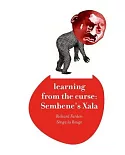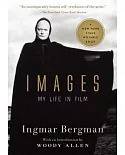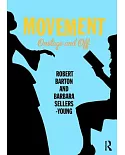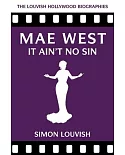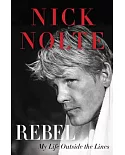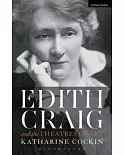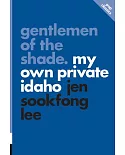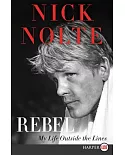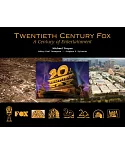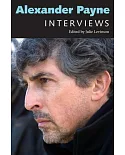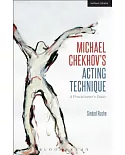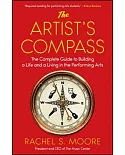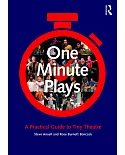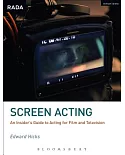How are issues of authorship engaged by and dynamized within the films of Alfred Hitchcock? Leslie H. Abramson interrogates Hitchcock’s oeuvre as an extended, ever-shifting meditation on the
authorial conflicts endemic to the conditions and processes of cinema production, exhibition, and reception. Combining textual and contextual analysis, this book situates close readings of
figurations of the director, actor, and audience within theoretical, aesthetic, industrial, cultural, and historical milieus. It delineates a unique Hitchcockian concept of authorship from
his nonfictive media texts and locates the discourse of Hitchcock’s films within changing empirical circumstances as well as broader theoretical approaches contemporary to his career and
current film criticism. In so doing, the book examines how Hitchcock’s corpus continually challenges the concept of authorial agency of which it is considered archetypical.




